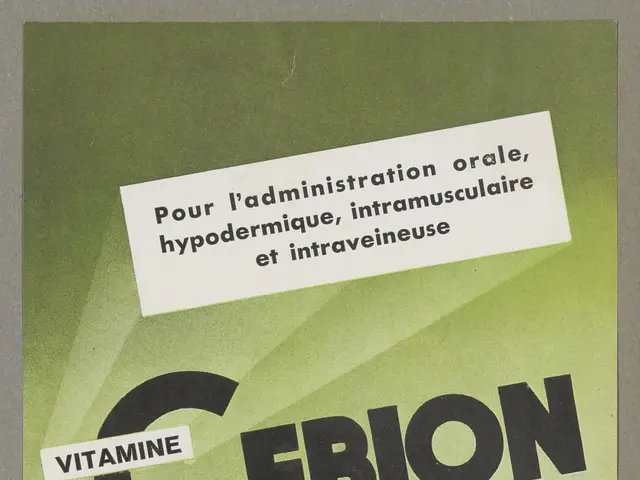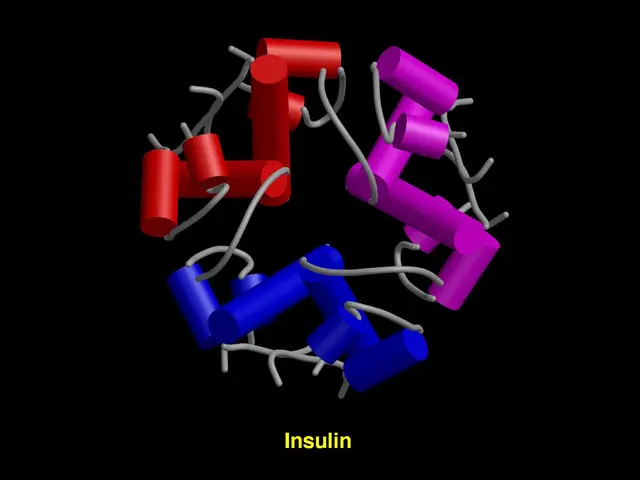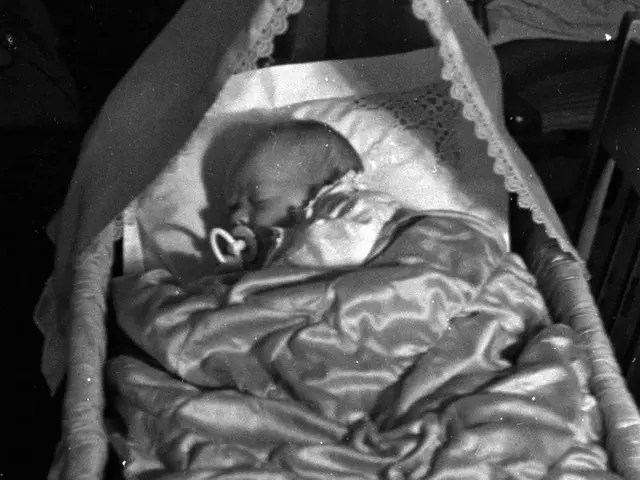Collaborative care: Canines aiding in nurturing critically ill kids
Bavarian Red Cross Introduces Visit Dogs to Children's Palliative Care
The Bavarian Red Cross (BRK) is set to bring comfort to terminally ill children with the introduction of specially trained therapy dogs as part of their children's palliative care team. These dogs, such as Sina, Chico, Fritzi, and nine other four-legged friends, are ready to provide emotional support and alleviate pain, anxiety, and loneliness during home visits.
The BRK visit dogs are carefully selected for their calm temperament and ability to handle medical environments. They undergo specialized training to respond appropriately to the needs of seriously ill children. Both the dogs and their handlers are evaluated and certified by the Bavarian Red Cross or associated therapy dog organisations to ensure suitability for palliative care visits.
The goal of this innovative programme is to make animal contact possible for everyone who wishes to have it, in the familiar environment of their home. The children's palliative care team, active throughout Middle and Upper Franconia, travelled a total of over 160,000 kilometers in 2024, making 2365 home visits.
Dr. Chara Gravou-Apostolatou, the spokesperson for the children's palliative center, was present at the official kick-off of the cooperation. Mixed-breed dog Sina gave Dr. Gravou-Apostolatou her paw during the event, symbolising the bond between humans and animals that this programme aims to foster.
It's important to note that not all animals may be suitable for palliative care. Some may be too boisterous, which is why the BRK ensures a trial phase for the teams to ensure a good fit before deployments. The handlers are prepared for the emotionally demanding deployment scenarios.
Interaction with the dogs can reduce stress, improve mood, and provide distraction from pain or medical procedures. The presence of the dogs fosters a sense of normalcy and joy for children and their families during difficult times. They also support not only patients but also caregivers and family members by providing emotional relief and comfort.
This type of programme is recognised internationally for its positive psychosocial impact, reducing emotional burden and improving quality of life for young patients. The Bavarian Red Cross (ERlangen-Höchstadt district association) has formed a new cooperation with the children's palliative care team of Erlangen University Hospital, aiming to bring this beneficial service to more families in need.
- The use of therapy dogs in palliative care is a part of the health-and-wellness lifestyle, providing emotional support and alleviating pain, anxiety, and loneliness.
- The integration of social media can help spread awareness about such programs and their benefits, reaching a wider audience and potentially benefiting more families.
- As entertainment media often focuses on the human-animal bond, it could cover the positive impact of programs like the BRK's in a feature or documentary, educating and inspiring viewers about mental-health and lifestyle benefits of therapy animals.
- In the field of science, further research could be conducted to validate the psychological and physical benefits of animal therapy, especially in complex cases like palliative care, contributing to the advancement of fitness-and-exercise and mental-health studies.





